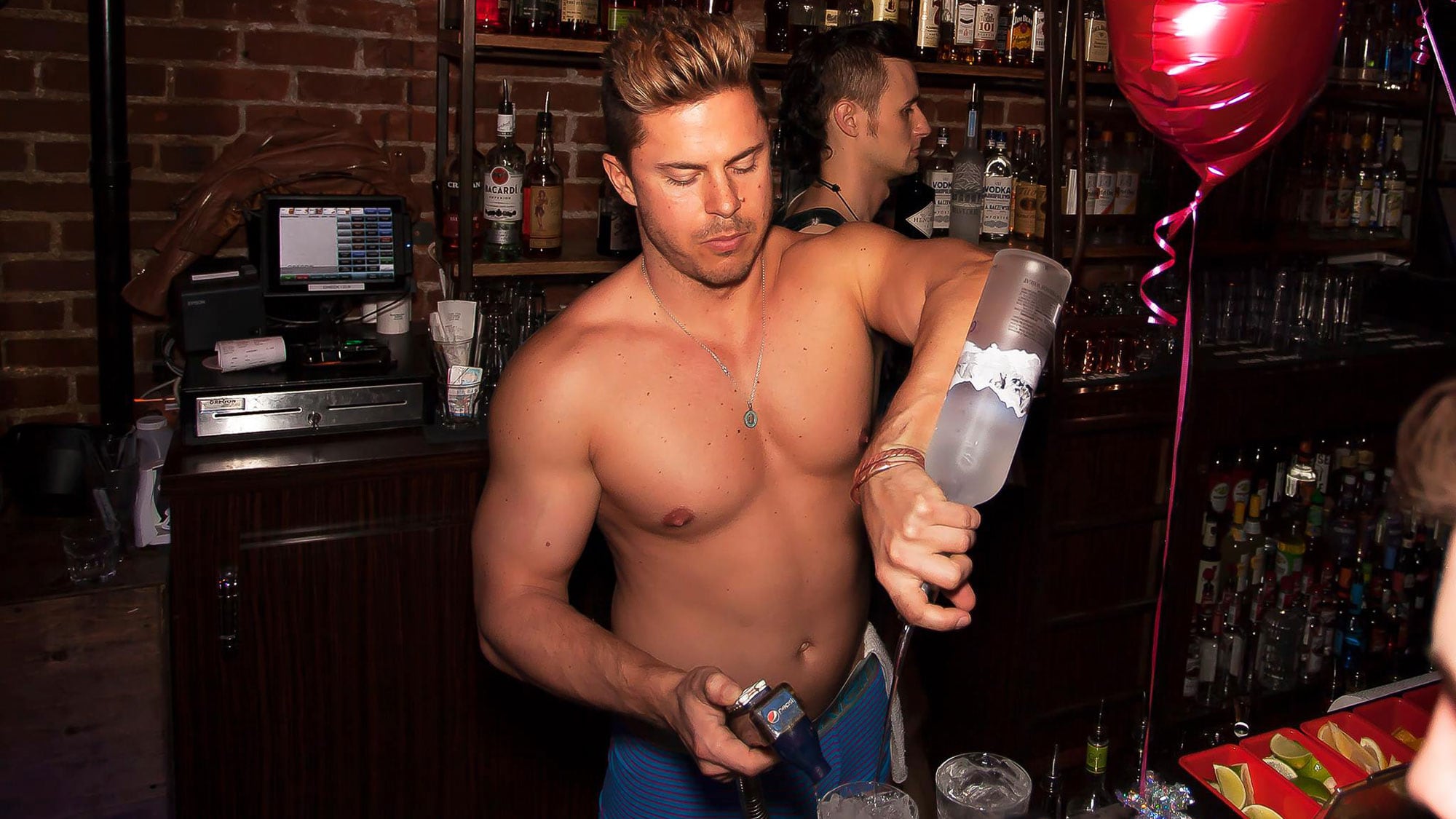For decades—as long as anyone at the Oregon Liquor Control Commission can remember—Oregon had a little-known law on the books. No bar in Oregon was allowed to advertise their happy hour drink prices. If a bar sold 25 cent drinks between 4 and 6 pm, you had to read about it in the newspapers to find out about it. (Happy hour food prices, bars could advertise with no problem.)
"It goes pretty far back," says OLCC spokeswoman Christie Scott of the drink-price advertising ban. "This could be one of those Prohibition holdovers."
Well, that's all over now. Get ready to know about all sorts of cheap drinks you didn't know about before. Bars can put those prices up on their websites, soap their windows with tales of cheap beer, and put out signboards advertising half-off Jell-O shots with whip cream and Pop-Rocks.
Why change it now? In part, social media. You all had been putting up bar prices on Instagram and Twitter—and a lot of the time, the customers got it wrong.
"Bars had no outlet for correcting the information," says Scott, because it was literally against the rules for a bar to post the correct price. "If this is on Instagram, customers come in with the screenshot."
The OLCC considered doing away with the rule in 2009, it should be noted, but back then opposition to the move was much stronger, spurred by fears customers lured in by cheap drinks would descend on bars for the express purpose of getting blitzed on the cheap, becoming a wild and uncontrollable menace on the streets the second the clock struck 7.
But Scott said prices have been posted on the internet for quite some time, and no such mayhem materialized, blunting opposition.
"When you talk to bar owners, people see happy hour as the wave of the future," Scott says. "Right now everybody has their happy hour at the same time, and if you want to stay competitive, you have to have a happy hour."
Practically, the rule was already inconsistently enforced. Usually, the OLCC would only stop a bar from advertising their happy hour if someone filed a complaint. In practice, this meant the national chains post their happy hours, but locals don't, says Scott.
“We’ve been enforcing this on a complaint based system, and no one’s been complaining about the national outlets. They complain about their little competitor across the street—a lot of these complaints come in anonymously, but that’s what I’m thinking it is.”
Anyway, the rule disappears July 1. So expect a whole hell of a lot of bars to suddenly be telling you their July 4 drink prices.
Related: WW's 2017 Bar and Happy Hour Guide
